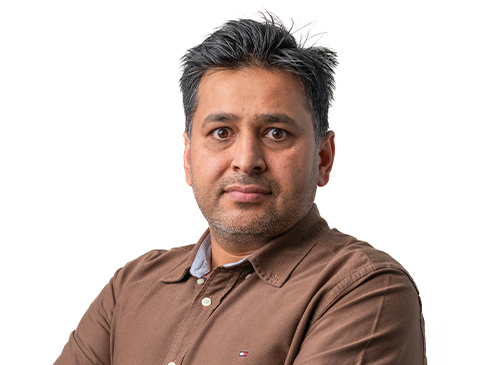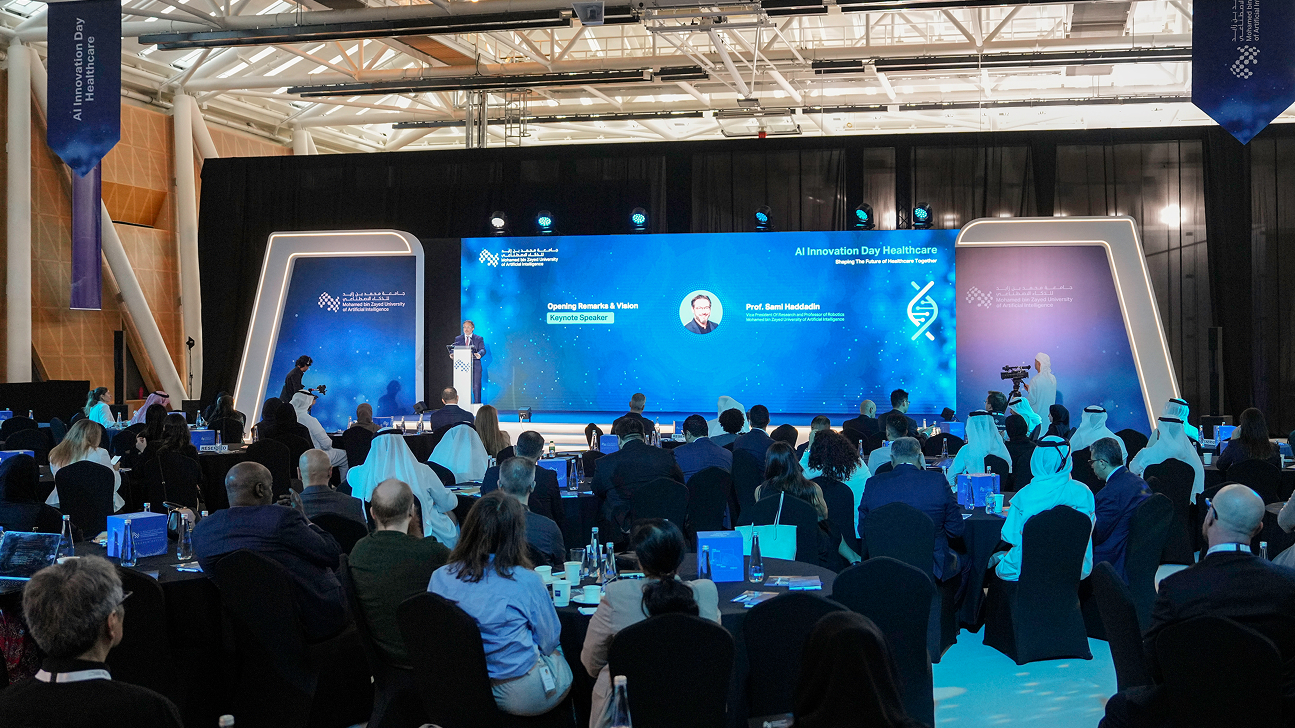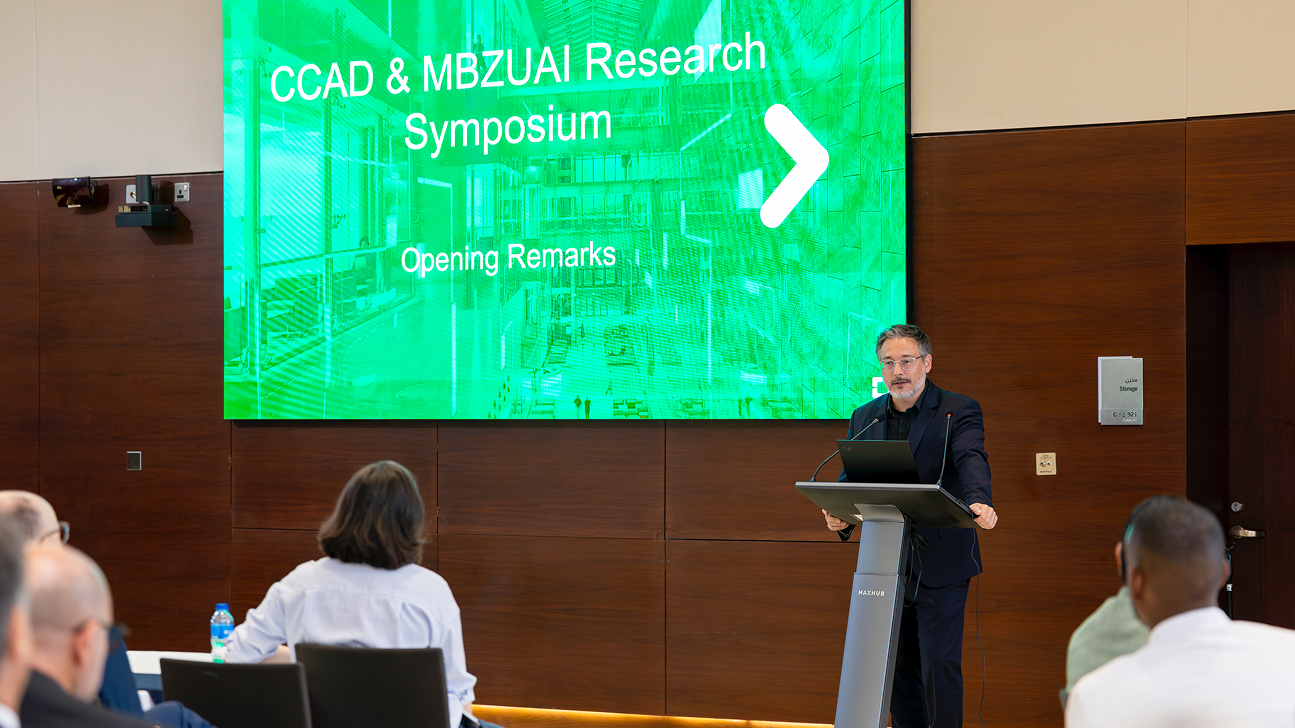Imran Razzak
Associate Professor of Computational Biology
Research Interests
Professor Razzak’s research lies at the intersection of human centered AI and healthcare, with a strong focus on multimodal biomedical data analysis, including genomics, medical imaging (e.g., MRI, CT, and retinal imaging), and electronic health records. His work spans foundational and applied AI, addressing challenges in early disease diagnosis, prognosis modeling, and precision medicine. He develops and applies machine learning techniques—such as self-supervised learning, multimodal representation learning, and large language models—for tasks ranging from radiogenomics to longitudinal health monitoring. Professor Razzak is also actively engaged in advancing AI safety and robustness in clinical settings, including the study of model generalization across diverse populations and federated learning for privacy-preserving medical AI. His recent efforts explore unifying architectures capable of reasoning over heterogeneous clinical inputs, including genetic, imaging, and textual data.

- IEEE M 2022 Andrew P. Sage Transactions paper award (IEEE TCSS)
- IEEE MDM 2022 best demo award
- CIKM nomination for Best Resource paper
- IEEE DICTA Best Industry Paper Award
- Winner of several MICCAI and ISBI Challenges
- MNGHA-Researcher and MNGHA-Young Research Award
Imran’s research interests span deep learning, medical image analysis, computational biology, natural language processing (NLP), and multimodal AI. Dr. Imran Razzak has authored over 250 peer-reviewed publications in leading journals and conferences, including CVPR, ACL, MICCAI, IEEE TMI, Med Image Analysis, and IEEE TNNLS. He has received several research awards and secured over $15 million in funding. He has developed advanced ML frameworks for analyzing and interpreting various medical imaging modalities, including ultrasound, mammograms, CT scans, PET scans, MRI, and fMRI, aiming to improve patient outcomes. He is currently leading a research lab “Generative AI for Genomics and Medical Imaging (GenMI), which focuses on human-centered AI, combining multiomics, biomedical imaging, visualization, and information technologies to develop innovative clinical applications that advance patient health and well-being. GenMI research addresses critical healthcare challenges by developing foundational theories in information technologies and computer science to advance Personalized, Preventive, and Predictive Medicine. To gain comprehensive insights into disease entities, we integrate multi-layered data, including single-cell RNA sequencing, methylomics, and medical imaging. In close collaboration with clinicians at Charité, we develop clinical decision support systems for cancer treatment and solutions for routine clinical tasks, such as the automated annotation of radiological images. Through partnerships with leading industry players—such as major hospitals and healthcare companies—we translate cutting-edge research into real-world applications, spanning algorithm development, prototype creation, and commercialization. Breakthroughs in these fields lead to significant advancements in precision and personalized medicine, improving patient care and healthcare infrastructure. Our innovations enhance multimedia patient record systems, advanced computer-assisted surgery, AI-driven treatment planning, and telehealth solutions for remote patient monitoring, ultimately increasing healthcare accessibility, efficiency, and outcomes. Key Research Areas:
-
- Medical Image Segmentation
- Multi-Modal Large Language Model
- Embodied AI
- Genomic Sequence Analysis
- Early Diagnosis and Prognosis
- Explainable AI
Contact faculty affairs
Interested in working with
our renowned faculty?
Fill out the below form and we will get back to you.


